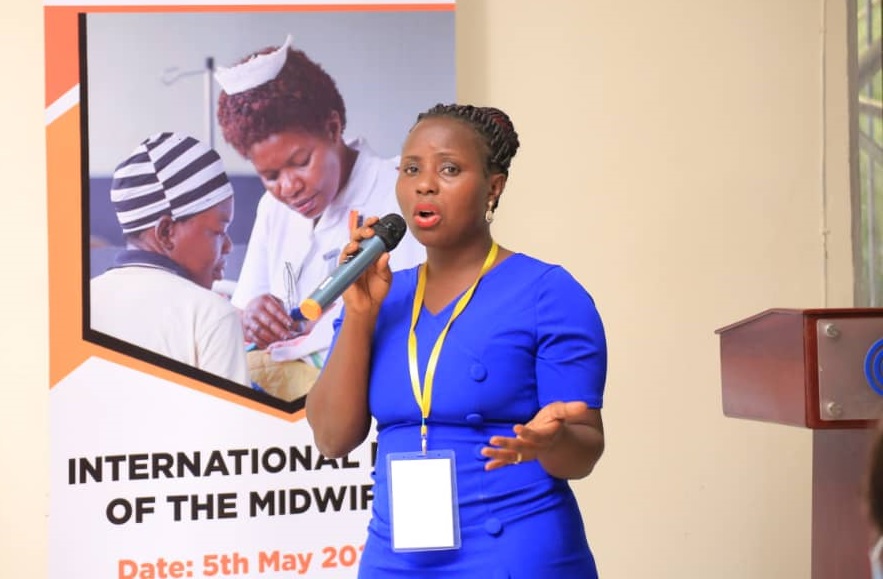Five years ago, while working in one of the biggest referral hospitals in Uganda, I encountered a 16year old girl who came into the maternity ward to deliver. Through our discussion and while re-checking her documents and doing a quick assessment, I noted that this was her second pregnancy. When I probed further for more information, I noted that her older child was just one year and two months. This meant that she conceived at around 4-6 months. This caught my attention!
In Uganda, one in four pregnant women we encounter is a teenager or young person. As I continued to monitor her labour progress, we discussed the availability and relevance of postpartum family planning. She reported that she had been told that family planning use was only for the married and she added that she didn’t know that one could be offered a family planning method after childbirth. Her spouse was called in and educated too about the benefits of postpartum family planning to the mother, child, family, community, nation and the world-at-large.
Worldwide, family planning is an essential component of health care provided during the preconception period, antenatal and postpartum period. It helps to prevent maternal and child-care complications and reduce premature mortality. Closely spaced pregnancies within the first year postpartum are associated with higher risks of preterm births, as well as infants who are low birth weight or small for gestational age. If spacing between pregnancies were increased to 24 months, maternal and under-five mortality would decrease by 30% and 13% respectively.
Postpartum Family Planning (PPFP), which aims to prevent the high risk of unintended and closely spaced pregnancies during the first year following childbirth, is one of the highest impact interventions to avoid increased risk of premature birth, low birth weight, fetal and neonatal death, and adverse maternal health outcomes. Some of the common modern family planning methods that can be provided to the mother after delivery include; postpartum intrauterine device (IUD), progesterone-only pills, condoms and implants among others.
There are many reasons why women do not use effective contraception during the postpartum period, such as sociocultural and gender norms that guide postnatal practices, timing of return to menses and sexual activity, breastfeeding practices and misconceptions of conditions for lactational amenorrhea, and lack of access to contraceptive services.
Women and their partners often have limited understanding of contraceptive options, return to fertility, and risks of a closely spaced or unintended pregnancy soon after childbirth. Providers, women, and their support networks cite concerns about contraceptive side effects, especially related to the effects of hormonal contraceptives on breast milk and the child’s health as reasons to avoid contraception during the postpartum period. Therefore, providing family planning counselling as part of childbirth care raises awareness of the importance of birth spacing and postpartum contraceptive options.
The author; Lilian Nuwabaine Luyima; is a BSc Nurse & MSN-Midwife & Women’s’ Health Specialist & the Heroes in Health Award Winner-Midwife of the year 2021
If you would like your article/opinion to be published on Uganda’s most authoritative news platform, send your submission on: [email protected]. You can also follow DailyExpress on WhatsApp and on Twitter (X) for realtime updates.



